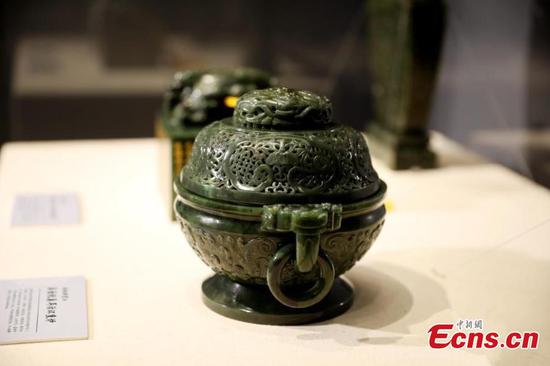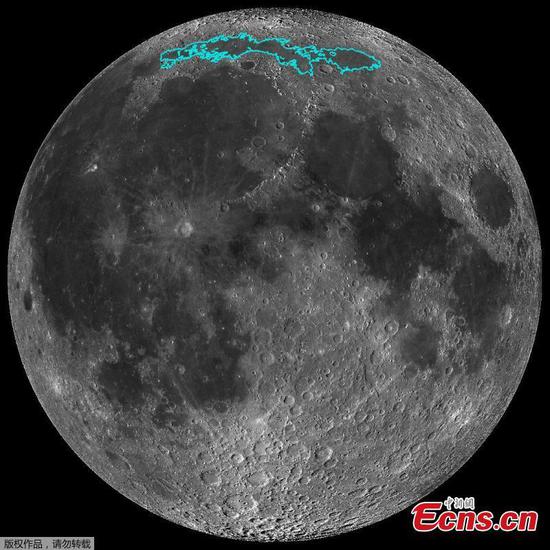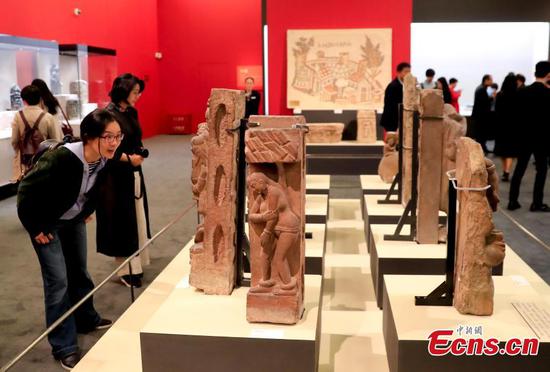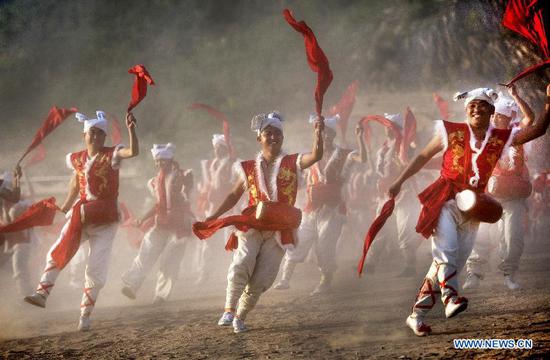It's not hard to tell from northeastern Chinese people's dining tables that cumin is dominating many dishes – stews, soups, vegetable combinations and especially their local specialty of barbecue meat – either being added to spice mixtures or used alone. According to many gourmets, cumin makes roasted meat tender and tasty. It also increases appetite and helps digestion.
The spice can be seen in almost every stall at one of the region's biggest wholesale flavoring markets. “Sales grow as the best season of barbecue is coming and more young people are taking a liking to it,” said flavoring store manager Yang Chao, who reported an annual trading volume of about 200 to 300 tons of cumin.
Few people know that the increasing cumin appetite in northeast China, where it's too cold for the plant to grow, is fed by suppliers from elsewhere – namely India and China's Xinjiang region.
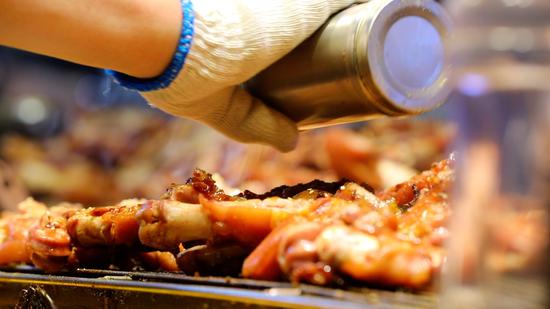
Like many spices, cumin has a rich history that can be traced back more than 5,000 years. Food historians believe it's indigenous to the Middle East and Mediterranean region and entered China centuries ago through the ancient silk routes. While the health benefits of cumin are documented by the Bible, ancient Greek and Egyptian physicians, it was also thought to promote love and fidelity and preserve mummies.
Professor Ni Yuanying, an expert specializing in the spice, said sources suggest it was first widely used in China by the Uygurs in Xinjiang as both a seasoning and an herbal medicine. “Cumin has features unique to certain communities and civilizations. Along with cultural exchanges, it gradually became well-accepted throughout China, then planting and research of cumin also scaled up,” said Ni.
However, in northeastern China's Shenyang City, the religious and medicinal significance of cumin is lost amid all the fun at its famous late-night food binges. The exoticness of the spice does not prevent its warm, earthy aroma and sweet, pungent taste from tempting and tickling people's taste buds, while also kicking up all of the local favorites.
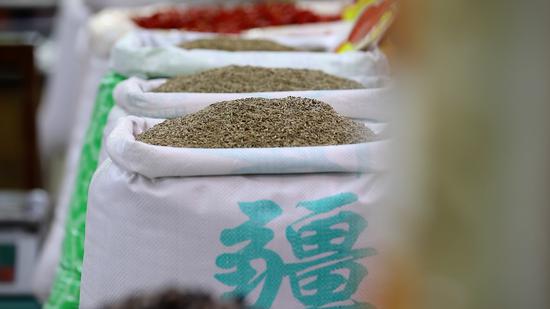
The seasoning is perhaps already a staple for most Chinese in this region – and moreover, a symbol of their cultural identity. Many northeasterners see the spice as a must-have in their diets as part of their strong-taste food culture.
And today, new ways are being developed to enjoy cumin and sophisticate more Chinese diets. Tang Changbin, a Shenyang barbecue restaurant owner, said he is trying to bring back the warm memory of his childhood with cumin-flavored barbecue. “It's not just a taste, but more like a song that resonates among us,” he said. And that taste will take the culture that cumin carries further.















